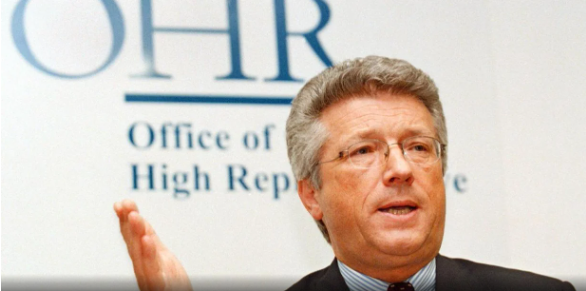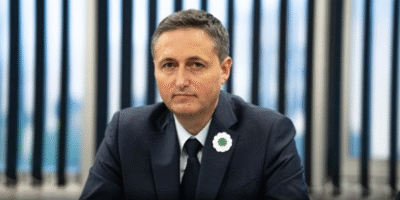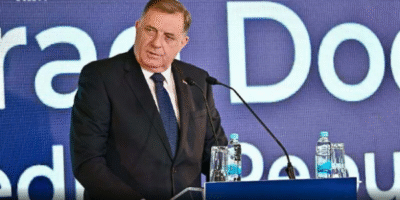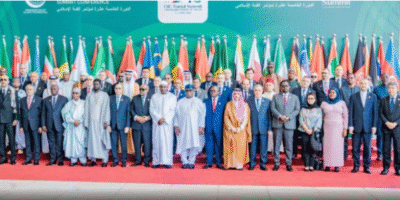Former High Representative Wolfgang Petritsch stated that, during his tenure in this role, he had a very good cooperation with the current President of RS and fugitive from the BiH judiciary, Milorad Dodik.
In an interview with N1, Petritsch compared the current situation in BiH to the time when he served as High Representative. His assessment is quite discouraging.
In a way, it sounds like a paradox when I think about what the situation was like 20 years ago and compare it to now. I have the feeling that 20 years ago things were better than they are now; this is a tragic situation. Usually, at the time when we were trying to help BiH stand on its feet, we thought that continuous progress was possible. Back then, I also believed that, despite still strong ethnonationalism in certain parts, BiH politics was learning and progressing, especially the younger generation at the time — such as Čović and Dodik — and that they would create a better future for BiH. Unfortunately, I must say that this has not come true; quite the opposite. When I now look at how politics is being conducted in BiH, I feel that no progress has been made at all. Now, we are facing the most dangerous, most challenging situation BiH has ever encountered, and we must view this in relation to global changes of fundamental proportions, said Petritsch.
He says that the responsibility for the current situation should be shared by all those who were politically active during the time he served as High Representative, including himself.
We must be self-critical and understand that what we wanted to achieve at that time, together with the leading politicians and intellectuals of that era in Sarajevo, Mostar, Banja Luka, and Trebinje, we did not succeed in. I had the feeling that things were moving forward, that the lesson of the war was that we never wanted to see such a bloody conflict again. That was 20 years ago, and this year marks 30 years since Dayton.
The original negotiator from that period, Richard Holbrooke, has passed away, but I am in contact with his assistant, Chris Hill, and we discussed the topic of what went wrong. I think that in the beginning, in the first crucial years, from 1996 when Carl Bildt came until 2006, during that 10-year period when the late Paddy Ashdown was also present, that period was decisive, and much was achieved. Unfortunately, it was not sustainable. I believe we failed to motivate, especially the younger generations, to engage in politics, economics, culture, and all areas where BiH had enormous potential. The institutional framework we set up was good, it wasn’t perfect, but it provided a platform for a successful BiH.
I still remember when we negotiated with the two entities on constitutional amendments. We met in Sarajevo, Dodik was there, the late Tihić, everyone was there — Croats, Bosniaks, and Serbs — more than 100 hours, the negotiations lasted for months, we sought compromises, and we brought new modern constitutions for both entities. And these people really cooperated, especially Dodik with whom I had excellent cooperation. He was willing to compromise, even though it was difficult for him. When we were working on these reforms, the RS Constitution and the FBiH Constitution were amended as a prerequisite to move to the next step — the reform of the state constitution. And that’s where we got stuck, unfortunately, Petritsch emphasized.
Written by our correspondent D.I.



